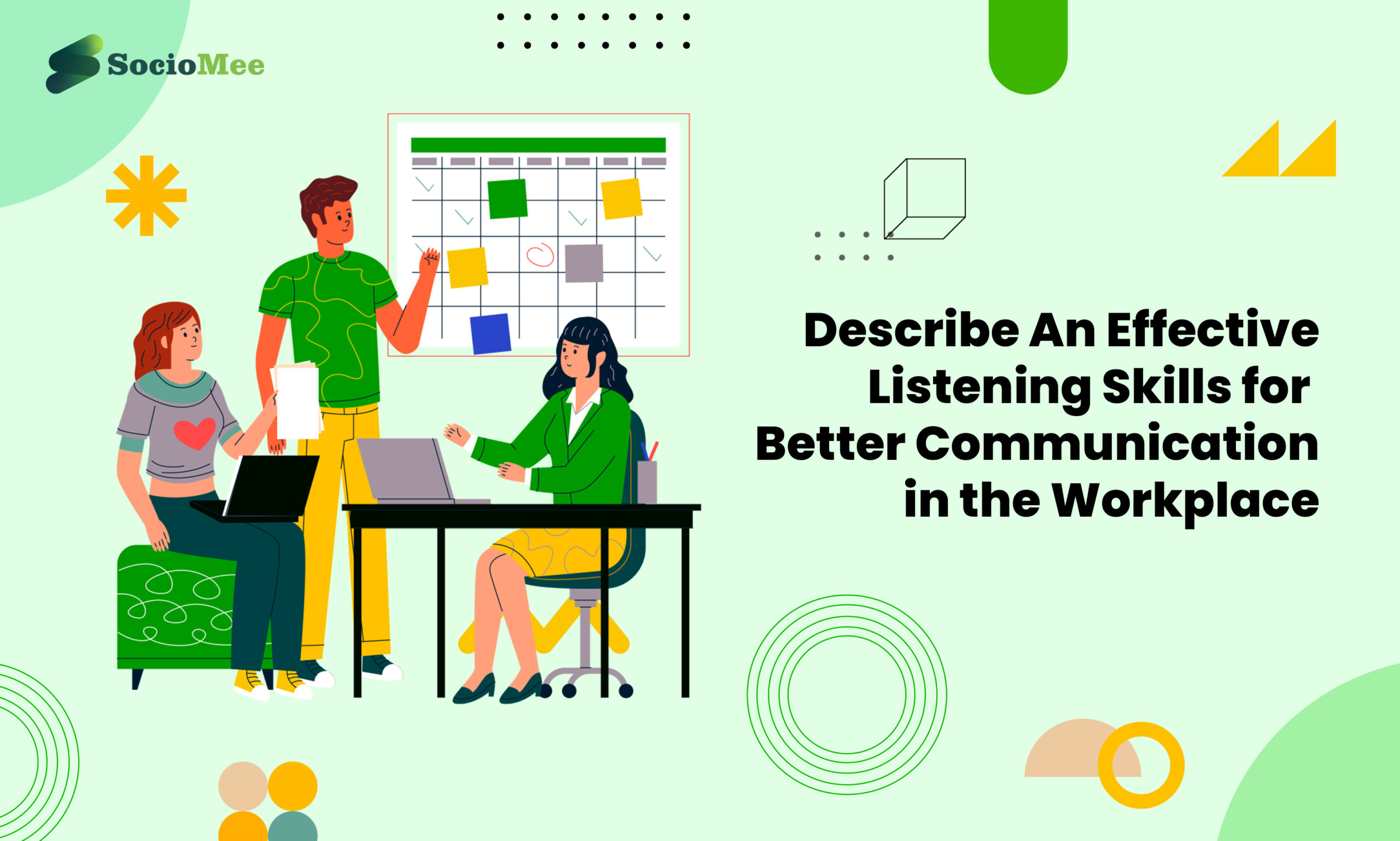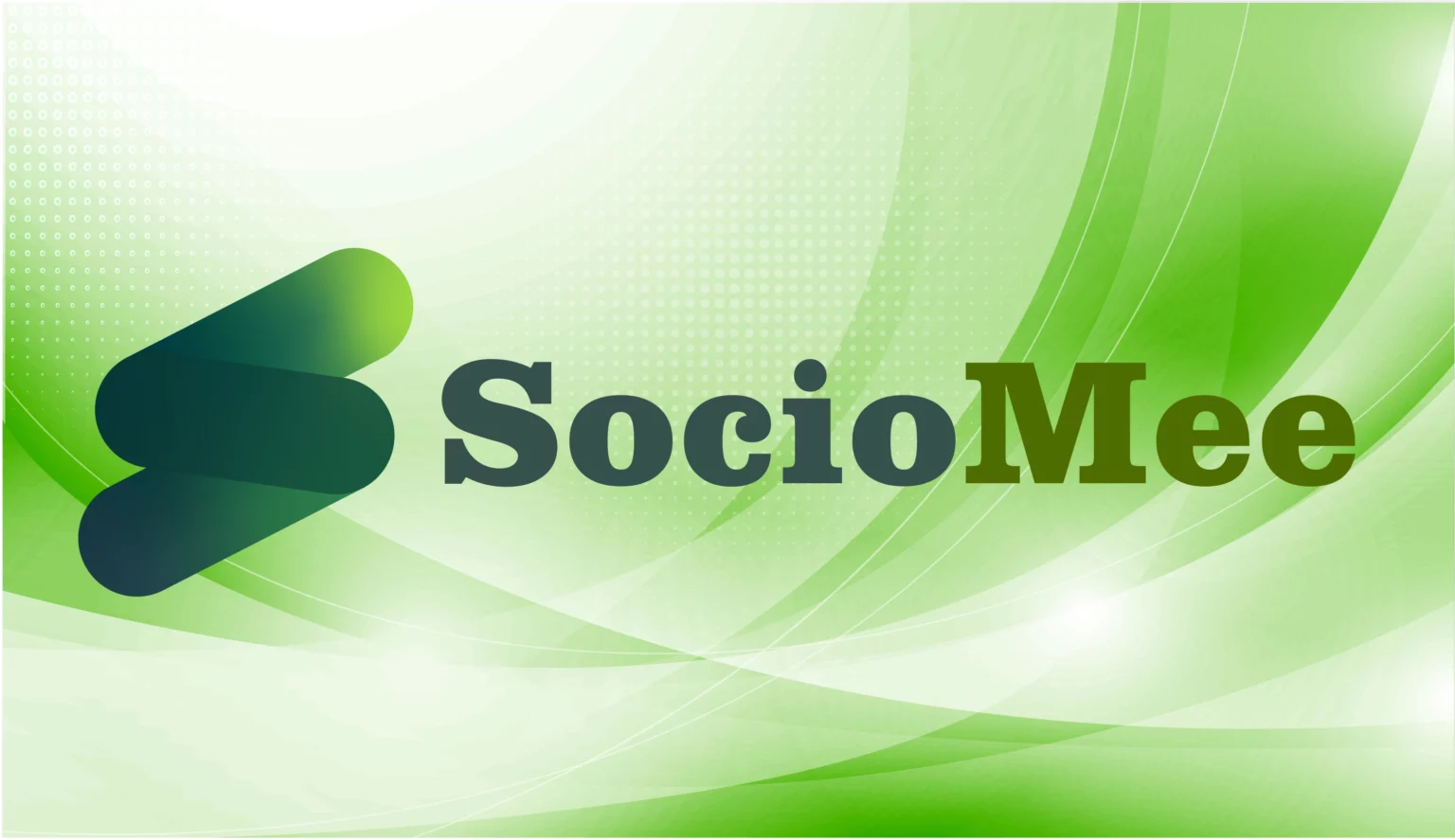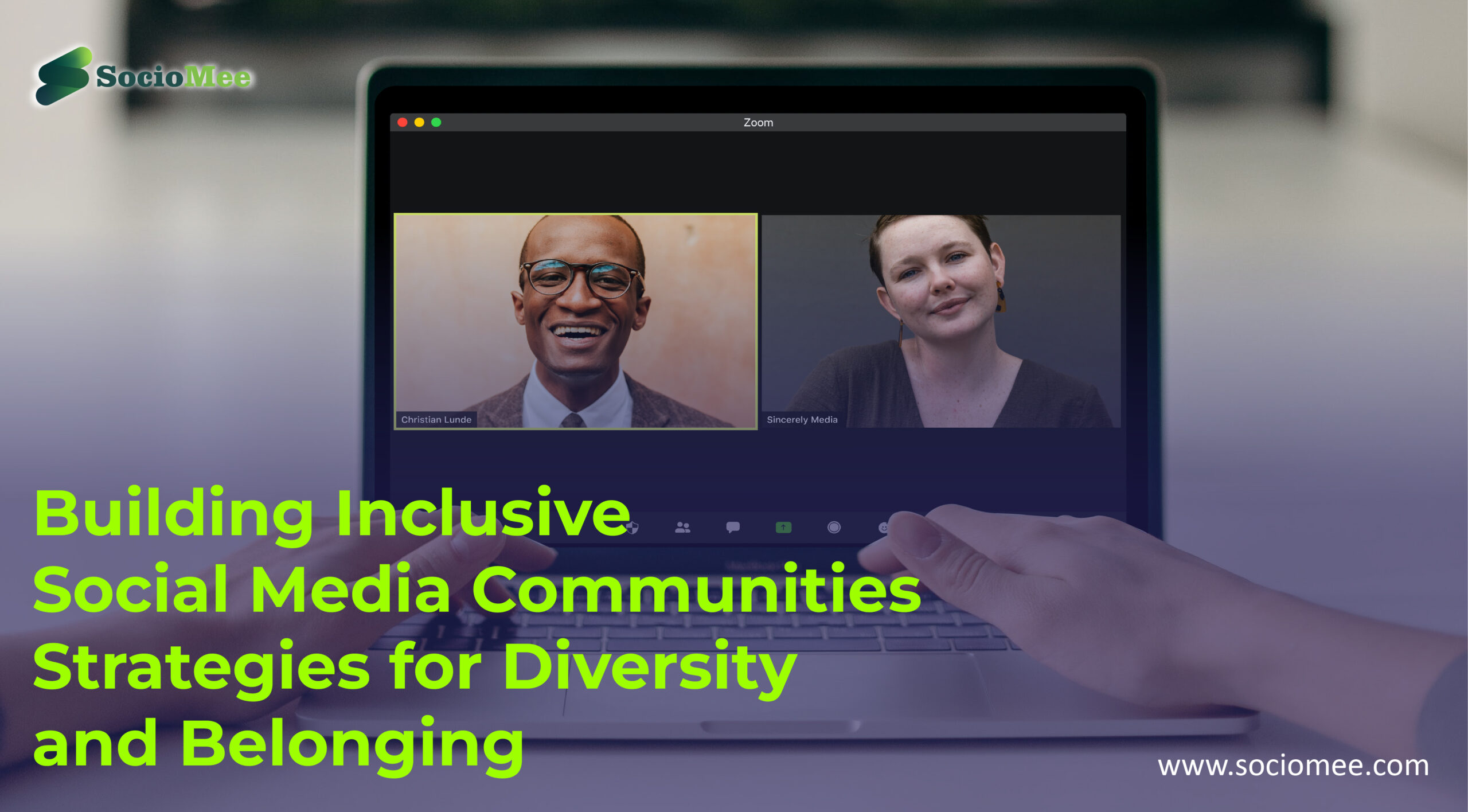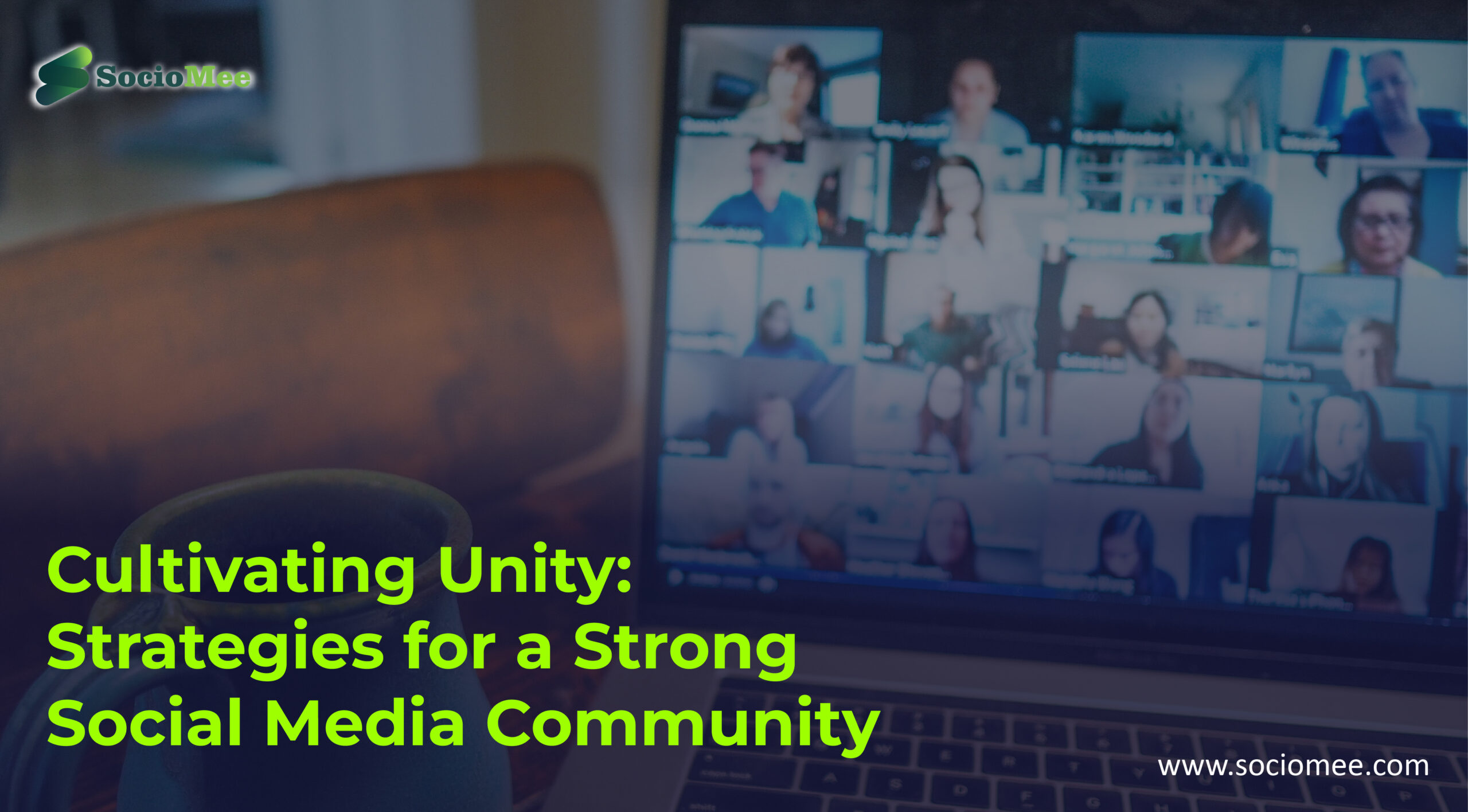As workplace communication continues to evolve, effective listening skills have become an essential tool for businesses to maintain strong, healthy connections between employers and employees. Being a good listener can help employees better understand the needs of their colleagues, as well as provide an opportunity for creative problem solving and improved collaboration. In this article, we’ll discuss the fundamentals of effective listening, and how it can help cultivate better communication in the workplace.
#1. What is Effective Listening and Its Benefits in the Workplace?
Effective listening is a communication skill that allows individuals to take in, interpret, and respond to messages in a meaningful way. It is a critical element of effective workplace communication, as it enables employees to gain clarity on tasks and instructions, develop trust and respect with colleagues, and help to resolve conflicts. Listening effectively requires the ability to concentrate and focus on the speaker’s message, to identify their emotions and attitudes, and to respond appropriately. Good listeners are also able to ask questions to gain more information and provide feedback.
The benefits of effective listening in the workplace are numerous. By listening carefully to colleagues, employers can establish trust and respect, improve their understanding of tasks and instructions, and help to resolve conflicts quickly and efficiently. Employees become more productive when they feel listened to and valued, and this can have a positive effect on morale and team cohesion.
Effective listening also encourages workers to be more creative and open-minded, which can lead to better problem-solving and decision-making. Improved listening skills can also lead to improved communication and understanding with customers, which in turn can lead to increased sales and customer satisfaction.
#2. How to Develop Good Listening Habits in the Workplace?
Developing good listening habits in the workplace is essential for successful communication and collaboration. Listening is a complex process that involves paying attention, understanding, remembering and responding.
- First, it is important to establish good listening habits by making a conscious effort to be attentive to the speaker. This includes making eye contact, controlling distractions, and focusing on the speaker’s words. Listening is more than just hearing the words; it’s about understanding the message and responding appropriately.
- Second, it is important to demonstrate active listening and it also involves giving nonverbal cues such as nodding and mirroring the speaker’s body language. It also means asking questions to ensure understanding and providing feedback to show that you are engaged in the conversation.
- Third, it is important to practice empathy when listening and putting yourself in the speaker’s shoes to better understand their point of view. Remember that each person has a unique background and perspective, so it is important to be open-minded and respectful.
- Finally, it’s critical to avoid assuming or drawing premature conclusions, ask clarifying questions, and pay attention to what the speaker is saying before answering. This will make it more likely that your solution will be appropriate and precise.
Connect with new world
#3. Understanding the Difference between Hearing and Listening in the Workplace
Understanding the difference between hearing and listening in the workplace is essential for effective communication and collaboration. Hearing is simply the act of perceiving sound, while listening is the act of paying attention to what is being said and comprehending it.
Hearing is a passive activity that does not require much effort. It is an involuntary process that occurs without people actively trying to hear. Listening, however, is an active process that requires focus and concentration. People must consciously pay attention to what is being said in order to comprehend it.
It is important to understand the difference between hearing and listening in the workplace because it can have a significant impact on communication and collaboration. When people are just hearing and not listening, they may miss important information that could be beneficial to their work. In contrast, when people are actively listening to one another, they are better able to understand each other’s perspectives, which can lead to better collaboration. In order to ensure effective communication in the workplace, it is important to encourage active listening. This can be done by offering people the opportunity to ask questions, providing time for people to think about what has been said, and actively engaging people in conversations. Encouraging people to really listen to each other can help to foster a productive and collaborative work environment.
#4.Tips for Active Listening in the Workplace
- Ask Open-Ended Questions: Asking open-ended questions will help you gain insight into the other person’s thoughts and feelings. It also allows them to express their opinion in their own words. Asking questions such as “How do you feel about the current project?” or “What do you think we can do to improve our communication?” will encourage active listening.
- Avoid Interruptions: It’s important to avoid interrupting the speaker. Interrupting signals that you are not listening and that you do not value the speaker’s opinion. Make sure to wait until the speaker has finished speaking before responding.
- Make Eye Contact: Eye contact is a key component of active listening. It shows that you are paying attention and that you are interested in what the speaker is trying to convince you in the discussion.
- Repeat What You Heard: After the speaker has finished speaking, repeat back what you heard. This will let the speaker know that you were listening and that you understand their point of view.
- Make Important Key Points Notes: Making notes as the speaker is speaking will help you remember important points and ensure that you don’t miss any important information. It also shows that you are taking the speaker’s opinion seriously.
#5. How to Listen Without Judgement in the Workplace
Listening without judgement in the workplace is an important skill for anyone who works in an environment where communication is key. Listening without judgement allows for open and honest dialogue between colleagues, which can help to foster an atmosphere of trust and mutual respect. By learning to listen without judgement, you can create a workplace where everyone feels comfortable expressing their ideas and opinions without fear of criticism.
- The first step to listening without judgement is to practice active listening. When someone is speaking, be sure to give them your full attention. Make eye contact and avoid distractions such as checking your phone or doodling on a piece of paper. When the other person is done speaking, it is important to repeat back what they have said to ensure that you have heard and understood them correctly. This will show the speaker that you have been listening and that you have taken their words seriously.
- Another way to listen without judgement is to practice empathy. When someone is speaking, try to understand why they are saying what they are saying instead of immediately forming an opinion. Try to look at the situation from the perspective of the speaker in order to gain a better understanding of their point of view. This will also help to create a more open dialogue between you and the speaker.
- Finally, it is important to remain open to other people’s ideas and opinions. Even if you do not agree with what they are saying, listen to what they have to say and consider how their opinion may fit into the bigger picture. This will help you to remain open minded and to approach the conversation with a sense of understanding.
By practicing these techniques, you can learn to listen without judgement in the workplace and create an environment of trust and mutual respect. Listening without judgement is an essential skill for any workplace, and by learning to do so you can foster a more productive and effective work environment.
#6. How Social Media Platform Can Really Help You to be a Perfect Listener
Social media platforms can be an invaluable tool for those looking to improve their ability to be an effective listener. By engaging in conversations on these platforms, users can learn how to more effectively listen to the views of others and gain a better understanding of the different perspectives that exist in the world today.
- First and foremost, social media platforms provide users with the opportunity to engage in conversations with people from all sorts of backgrounds and experiences. By listening to the thoughts and opinions of others, users can gain a better understanding of the diversity of perspectives that exist in the world today. This can help to broaden one’s own views, as well as provide valuable insight into the different ways that people think and interact with one another.
- In addition to this, social media platforms can also provide users with a platform to practice active listening. By engaging with fellow users and responding to their comments and opinions, users can demonstrate that they are actively listening and working to understand the views of others. This can help to create a more respectful and productive dialogue, as users will be more likely to engage in meaningful conversations if they feel that their opinions are being heard.
- Finally, by engaging in conversations on social media platforms, users can also learn how to be better communicators. By seeing how others respond to different topics and listening to the perspectives of others, users can become more aware of how to effectively convey their own thoughts and opinions in a respectful manner.
Of course, social media platforms can be a great resource for those looking to improve their ability to be an effective listener. By engaging in conversations with others, users can gain a better understanding of the different perspectives that exist in the world today, practice active listening, and become better communicators.
Connect with new social community
#7. How to Use Non-Verbal Communication to Enhance Listening in the Workplace
Non-verbal communication can be a powerful tool to enhance listening in the workplace. Through facial expressions, body language, and gestures, non-verbal communication can help create an atmosphere of trust and understanding. By paying attention to these cues, employees can better understand what their colleagues are saying and how they are feeling.
- By using facial expressions, employees can show that they are listening to the speaker. Smiling, nodding, and making eye contact can show that the listener is engaged and paying attention. Additionally, facial expressions can also be used to show empathy and understanding.
- Body language can also be used to help enhance listening in the workplace. Mirroring the speaker’s gestures or posture can show that the listener is engaged and interested in what is being said. Additionally, avoiding body language that can be interpreted as hostile or disinterested, such as crossed arms or lack of eye contact, can help foster an environment of trust and understanding.
- Finally, gestures can be used to demonstrate understanding and support. Supportive gestures such as a pat on the back or a handshake can show that the listener is engaged and interested in what is being said.
By using non-verbal communication to enhance listening in the workplace, employees can create an atmosphere of trust and understanding. Facial expressions, body language, and gestures can all be used to demonstrate that the listener is engaged and interested in the conversation. By paying attention to these cues, employees can better understand what their colleagues are saying and how they are feeling.
#8. Strategies for Resolving Conflicts Through Effective Listening in the Workplace
In any organisational setting, conflicts can arise due to differences in opinions, perspectives, and goals. Conflict resolution is an essential skill for any successful workplace, and effective listening is a key component of this process. By actively listening to the other person’s viewpoint and understanding their position, it is possible to reach a mutually beneficial agreement while preserving relationships. Here are a few strategies for resolving conflicts through effective listening in the workplace:
- Acknowledge the Other Person’s Feelings: It is important to recognize the other person’s emotions and not dismiss them as unfounded. Acknowledging their perspective can help de-escalate the situation and make them feel heard. Example: “I understand that you’re feeling frustrated. Let’s talk through what’s causing this issue.”
- Ask Questions to Clarify: Ask questions to better understand the other person’s experiences and opinions. This will allow you to gain an in-depth understanding of their perspective, which can help you come up with solutions that are beneficial for both parties. Example: “Can you tell me more about your experience? What solutions do you think would work best here?”
- Provide Empathy: Show that you understand where the other person is coming from. This will demonstrate that you’re listening and willing to work together to find a resolution.
By following these strategies and actively listening to the other person’s perspective, it is possible to resolve conflicts in the workplace through effective communication.
Conclusion
In conclusion, effective listening skills are essential for strong communication in the workplace. It is important to be patient, open-minded, and respectful when listening to others, and to truly focus on understanding their point of view. By actively listening and engaging in meaningful conversations, workplaces can foster an environment of trust and respect. With these practices, organisations can improve their communication and productivity, and create a better work environment for everyone.









